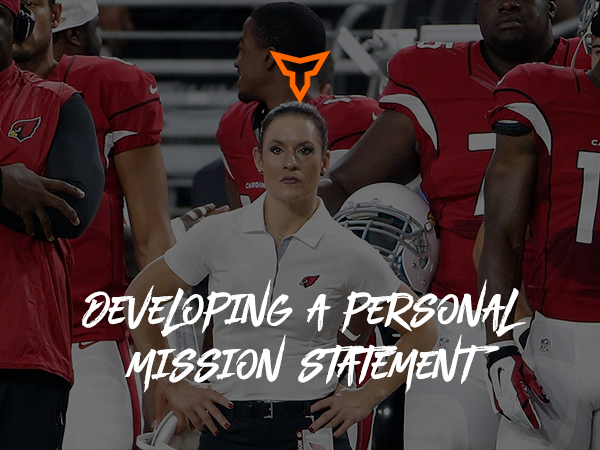“Honey, sometimes you just have to suck it up.”
That was the advice I got from my kindly flight attendant on my last trip. Although I fly on somewhat of a regular basis, I’ve never been comfortable with it. Yes , I know that it is just about the safest way to travel and there are more regulations dictating what are safe operations then a team of lawyers could keep up with, but that still doesn't change the fact that I am a baby when I fly.
We had a headwind that was causing all sorts of “rough air." Which I guess is the nice way of saying turbulence now. And in the big scheme, it really wasn’t all that bad. Now that my feet are on the ground, I would describe it more like driving on a rough gravel road. No big deal right? It’s not that we hit any big air pockets where it feels like you drop 100’s of feet. Just bumpy. But there I was, death grip on the armrest. Starting, unblinking through the people in front of me and burning a hole into the bulkhead wall. All while doing every breathing and relaxation trick I know off. The lucky thing was that at least I didn’t start sweating yet. I’m sure the flight crew sees this all the time, because when the stewardess came through passing out snack mix or cookies, she took the time to deliver a well-timed message quietly enough for just me to hear. “Honey, sometimes you just have to suck it up. There’s nothing you can do about it anyway.”
There is my angel. Standing there in her late 50’s, looking tired from continual flights from city to city smiling down at me trying to release the obvious anxiety I was feeling. I forced a smile and whimpered out a timid “Thank you.” And returned to the mantra that has gotten me though many flights: As long as the nose is up and engines are on, we are OK. Eventually my thoughts turned back to coaching and I realized I’ve been living the perfect analogy to coaching.
When you buy a ticket for a flight, there are a few things that you have to accept. For starters, you are trusting in the abilities of strangers to get you safely where you want to go. Of course there are the pilots and the flight crew. What about the baggage handlers, mechanics, or even the tradesmen who built the plane? Those people are really never seen. But if they didn't do their job right, who knows what could happen. The pilots not only have a college degree but also hundreds of hours of training before they are given the controls. With all that training and experience, they want the same thing I do, to get home safe. It’s not like they want us to go through all the rough air we did. Or at least I assume so. But like we all face, there are deadlines and limitations so in order to get us to our destination, we have to experience some discomfort. When you are in the passenger seat you can feel the pilots searching for an easier way. We drift up, down, left or right searching for a way to give everyone a break. But ultimately you are not in control of what is happening and all you can do is follow the instructions the crew is giving you to the best of your ability.
What a great mirror image to the coach and athlete relationship. While there is the occasional fee to play, most of the cost of participation is paid through effort or sweat. Unlike the airplane where everyone is passively accepting the decisions the pilots are making, in sports everyone has an opinion of how things should be done. You’ve heard all of it before: the coach doesn’t know what they are doing, the coach only plays their favorites, or my personal favorite "If I was coach I’d do things differently." It makes me wonder if then planes are going through a stretch of turbulence do the same people that second guess a coach, do the same with their pilot?
Assuming that both the pilot and the coach went to college they both have taken courses on the theories that govern their profession. While one is taking courses in the theory of flight, air navigation, and aircraft operating procedures the other is taking courses in human physiology, theory of their sport, and sports psychology. After completing all that coursework, then comes the practical experience. Simulations, role playing, and using the principles of deep practice (a self-reflective style of learning) happen before either the coach or the pilot even has a chance to fly or coach people.
In both of those examples there are going to be some people that are better than others because of their backgrounds. That is just the way it is, but that doesn't mean they are any less qualified to hold their job. So much like going through the rough air I experienced, there are always going to some bumps while coaching. And like the pilot, we coaches don’t want you to to go through any more stress than what you have to, but we also know you have learn how to handle the rough air to be prepared to handle it later in life.
So, ultimately it comes back to you. Whether you are flying at 30,000 feet or in the middle of practice: it's up to you to decide what are you going to do when things aren’t perfect? Sure you can complain about everything that is happening around you or you can suck it up and figure out a way to control your effort and attitude and do the best you can. When it comes down to it, you chose to get on the plane or on the team. In doing so there is trust that the person in change is going to do everything in their power to make sure you get to your destination as safely as possible, and the one in charge trusts that everyone is following all crew member instructions. When both groups can trust each other like this, then it is really possible to make it through all the unexpected rough air that comes up without second guessing each other. Ultimately the pilot and the coach are the ones who are making the big decisions and like my angel at 30,000 feet reminded me. “Honey, sometimes you just have to suck it up. There’s nothing you can do about it anyway.”
Subscribe to our blog
Subscribe to receive the latest blog posts to your inbox every week.
Related posts

What Do You Stand For?

Networking, Applying, & Interviewing: Key Skills for Every Strength Coach


